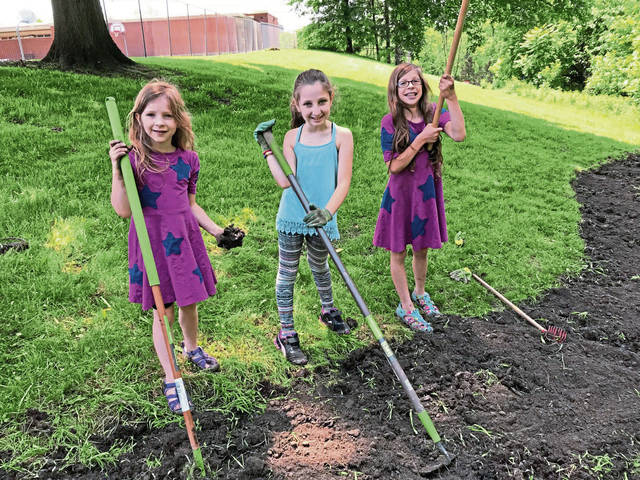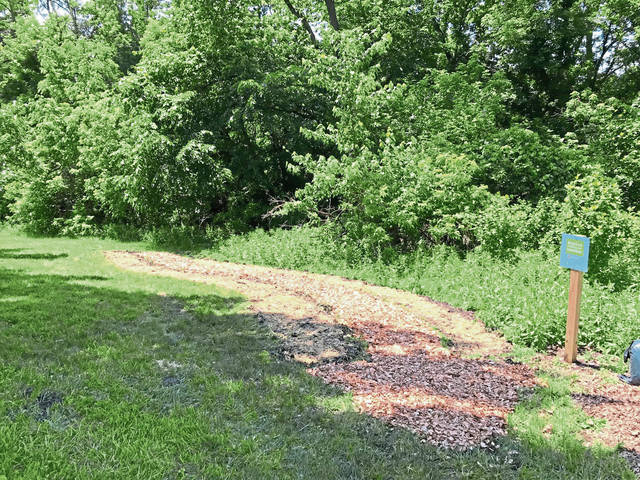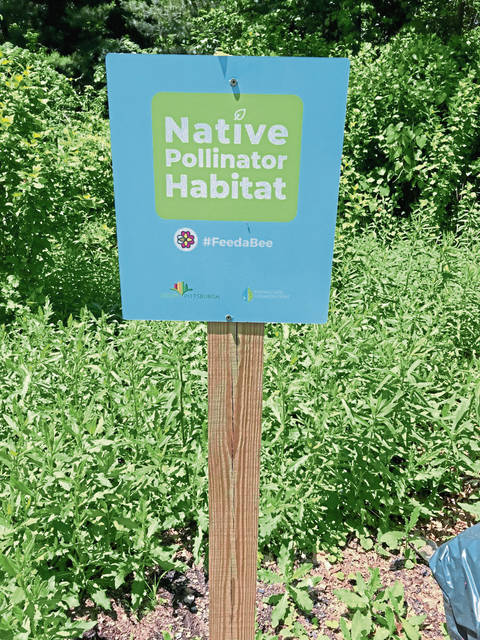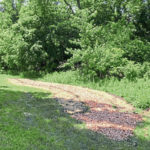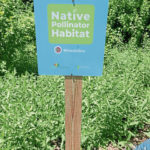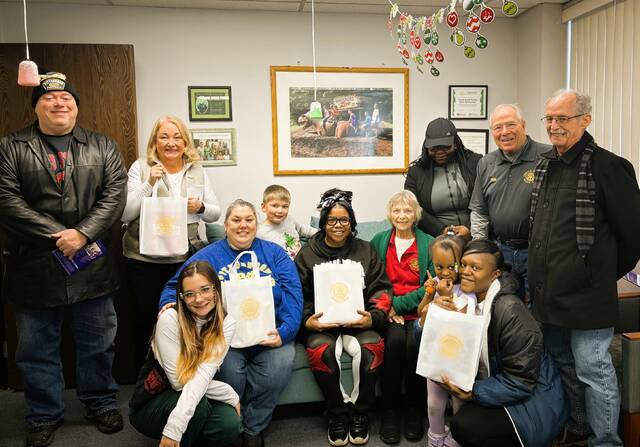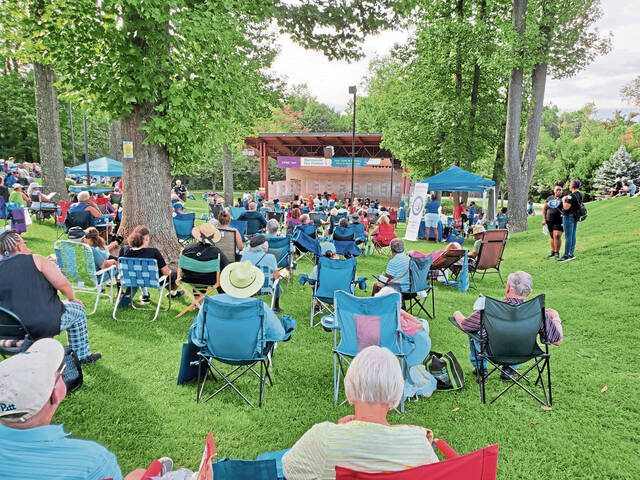An international corporation is one step closer to planting pollinator gardens in all 50 states.
Bayer announced full funding of the project on Wednesday. The pharmaceutical company launched the campaign, dubbed Feed a Bee, in 2017. Feed a Bee has partnered with about 170 organizations and distributed more than $650,000 that was used to create spaces for pollinator gardens, according to a Bayer news release.
The Allegheny County Conservation District (ACCD) received a $5,000 grant from Feed a Bee in 2017. In 2018, ACCD sowed the seeds and expects this year to have 10 mature spaces throughout the county.
The spaces are in existing urban garden lots in Duquesne, Clairton, Beechview, Pittsburgh’s North Side neighborhoods of Troy Hill and Manchester, Mt. Washington, Monroeville and two spots in the Homewood Historical Community Farm.
Raqueeb Bey, coordinator for Grow Pittsburgh’s Garden Resource Center, said the Homewood organization plans to install three honey bee hives soon.
“Because of how urban farms and gardens are grown, there are typically areas on the site that are not used,” said Jonathan Burgess, ACCD programs and policy director.
Burgess said the new spaces attract native pollinators like bees, butterflies and hummingbirds — which pollinate certain plants.
The 10 pollinator habitats created through the Feed a Bee program are not the only spaces created for pollinators in Allegheny County, Burgess said.
“It’s just that urban areas are limited. There are parks (in Allegheny County) that have meadows,” he said, referencing Boyce Park in Plum, which has a native wild flower meadow on a hill.
“In urban areas where there is a lot of development, pollution, air pollution and litter, pollinator gardens can be pretty slim,” Burgess said.
Burgess said ACCD used the $5,000 from Bayer to buy native wildflower seeds from Ernst Conservation Seeds in Meadville. Maintenance of those pollinator spaces will be managed by organizers of the specific gardens.
Susie Kovak is a parent volunteer at Evergreen Elementary’s Learning Garden program in Monroeville. She said the school’s pollinator garden will be fuller this year because the perennial flowers needed a season to take root.
Kovak said second-grade students learn about pollinators, namely butterflies, as part of the school’s curriculum. With help from ACCD, she bought a wildflower seed mix that will attract butterflies and hummingbirds. The specific seed mix has 29 different native varieties, according to Ernst Seeds’ website.
“It’ll be neat for them to take a look outside to see stuff really spring up this year. And it’s a nice tie-in to see butterflies and other (pollinators) visiting,” she said.
Kovak has worked with Evergreen for about five years in the school’s garden program. When she started, the school had two raised beds on the property. Kovak said the beds needed some work to fend off critters but are now providing enough bounty to donate to local food banks.
The pollinator garden is near the school’s two vegetable gardens, Kovak said, which is yet more ammunition for educational purposes.
“We have plants that need pollination in order to produce the green beans, garlic, tomatoes — all that stuff,” she said.


